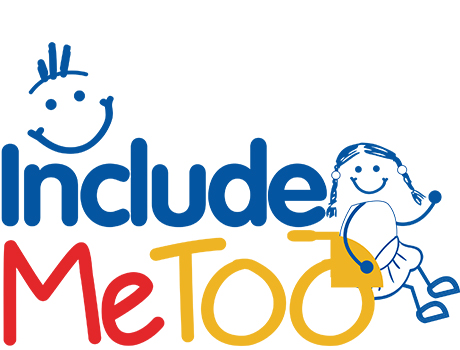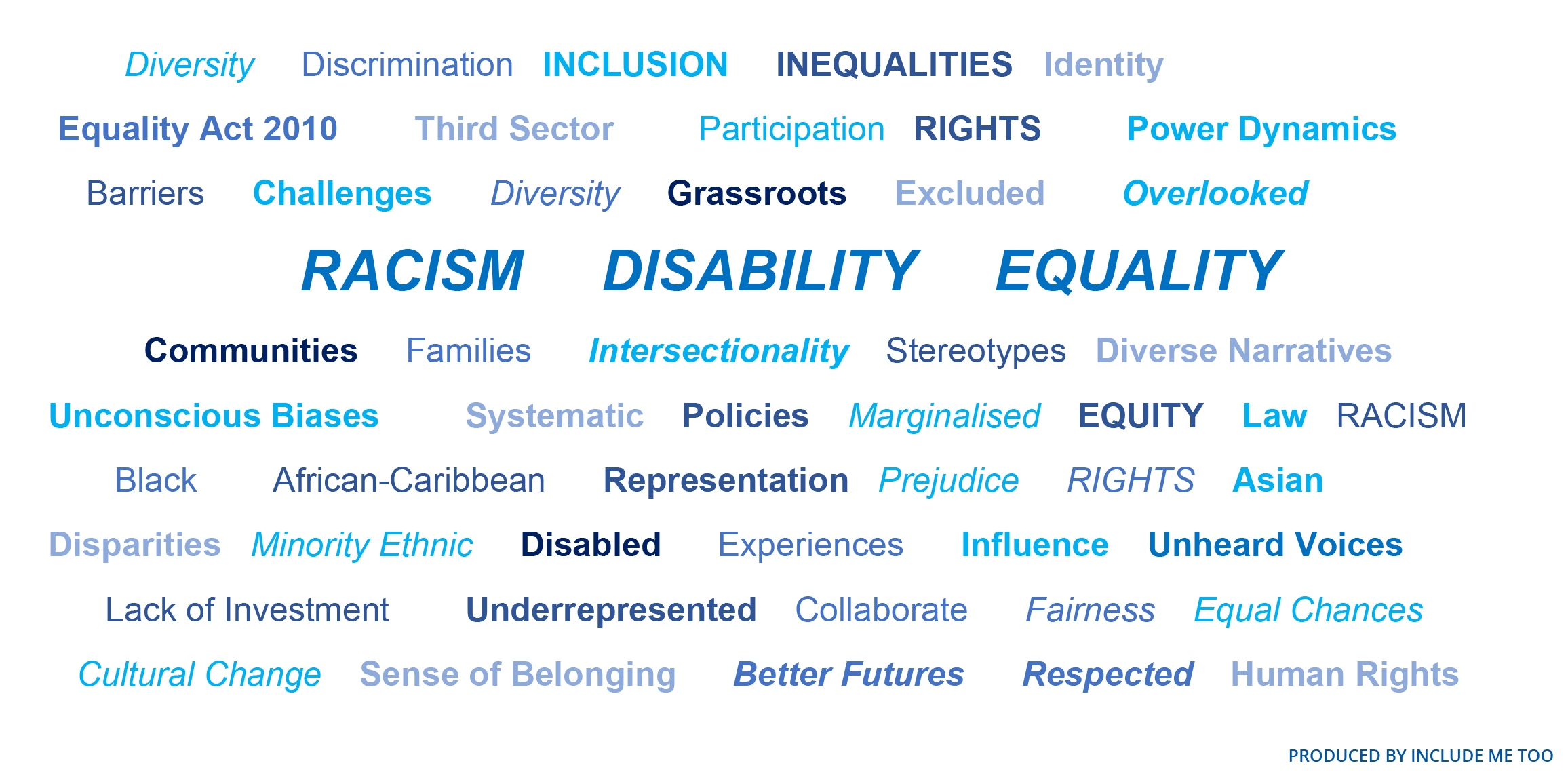Written by Parmi Dheensa FRSA Include Me TOO Executive Director
The Equality Act 2010 allows for positive action if a group is consistently disadvantaged in receiving services and support.
Over the last decade there have been substantial resources made available to improve services to disabled children, young people and their families.
However, to often the needs of Black, Asian and Minority Ethnic (BAME) disabled children, young people and their families are not met. Though there was increased government funding over the past few years, no positive action or resources have been allocated to reduce the inequalities experienced by BAME disabled children, young people and their families.
Despite their legal protection under the Equality Act 2010, their needs continue to be overlooked, they continue to be underrepresented, their participation and inclusion has limited support hence their voices continue to be unheard.
Include Me TOO, alongside BAME voluntary and community groups and organisations, BAME disabled people, BAME families with disabled children and young people have raised our concerns over the last decade presenting at the House of Commons (2012) a briefing paper and at the House of Lords a roundtable event (2016) on Race and Disability Discrimination.
We have met with government departments and their strategic delivery partners who all agree they have not met the needs of BAME disabled children, young people and their families and they are underrepresented in services, participation and representative bodies. The submissive responses from the government officials, the delay in addressing the consistent inequalities disproportionately impacting on BAME disabled children, young people and their families has resulted in another generation who has been failed.
There is over 20 years of research, studies and reports regarding the continuous barriers and challenges faced by BAME disabled persons and their families, all detailing similar conclusions and recommendations. There has been no progress in addressing the issues due to a lack of accountability and commitment to readdress these inequalities.
The BAME charity sector is under resourced and undervalued by government and large disability white led organisations.
No resources have been made available to support the voluntary structure in the BAME community, the peer support, community outreach, the skills experience and knowledge shared which have proven to be successful in reaching and engaging diverse families and communities.
CharitySoWhite, published a paper Racial Injustice in the Covid-19 which highlighted the urgent funding and other support for BAME charities that are at risk of closure. Reporting there are between 9,000 -10,000 BAME charities and community groups operating nationally, 65% of which have an average turnover of less than £10,000 annually.
‘Over the last decade we have seen the decimation of the BAME voluntary sector. Most existing BAME-led organisations are small, community-based charities working directly with those with the greatest needs’.
The civil society sector supporting disabled children, young people and families over the last decade seems to have become monopolised with charities who have grown by not only resources but also influence. However, they are out of touch with issues that affect BAME disabled children, young people and their families and whilst they advise ministers, members of parliament, government officials the issues at community grassroots the voices of BAME disability community go unheard.
Racism, Disability, Equality requires authentic leadership from those in positions of power and influence for systematic and structural change. Black, Asian, Minority Ethnic representation at leadership levels in the disability sector, access to platforms and seats around the tables will assist to distribute power and influence for an equitable society. Improving outcomes, better futures for all disabled children, young people, adults, their families and communities addressing Racism, Disability and Equality – An Agenda Overdue.


